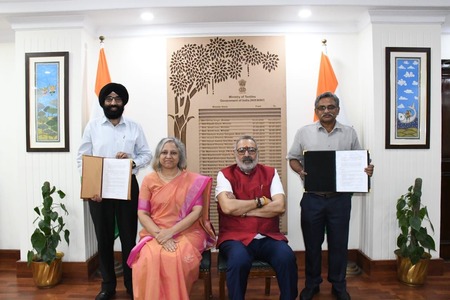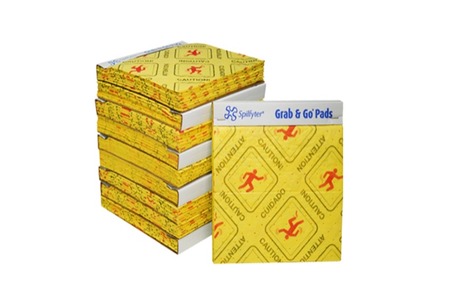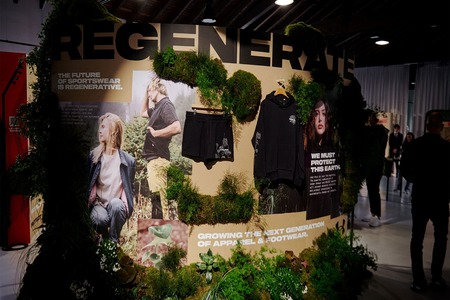Government relaxes ban on importation of second hand clothes
YarnsandFibers News Bureau 2017-01-19 15:00:00 – AfricaGovernment has relaxed ban on importation of second hand clothes, to allow for revival and reorganization of the textile and clothing industry before the policy can be force. Also at present, there is little alternative to second hand clothes as the local textile industry is struggling to produce.
According to Industry Minister Mike Bimha, the policy on banning second hands clothes is there, but cannot be enforced at present.
It's a policy that was made with the hope that when they begin to enforce it, they will have improved local production. They cannot ban something unless they do not have an alternative. People need to have an alternative if they have to ban importation.
They can only enforce when they believe that they have the capacity to make more or less the same as what they are importing. If they are unable to do, they might as well continue importing.
Government has made several attempts to ban the importation of second hand clothes but facing resistance from traders as clothes at flee markets are very cheap.
The government now has to revisit the textile and clothing industry to ramp production so that it is able to make quality clothes at reasonable prices.
The secondhand clothes have set up a countrywide network where clothes are paraded on the sidewalks and flea markets with items going for as little as a dollar. Dealers has argued that Government’s decision to ban secondhand clothes was premised on the wrong assumption, as industry that was being protected was also importing clothes from South Africa, Zambia and Tanzania.
In August 2005, Finance minister Patrick Chinamasa announced the ban of second-hand clothes effective September 1 of that year to protect and allow the local industry to grow as it was being chocked by cheap imports.
Market Intelligence
Ask for free sample Report

experience
Customer Base
dedicated team
Countries Served Worldwide









